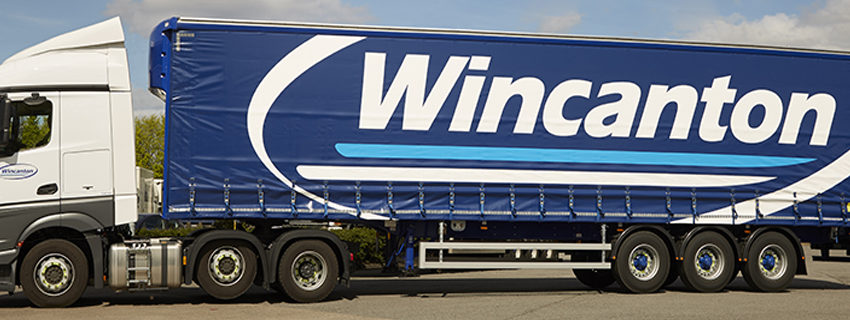Client - Wincanton

BSSEC were commissioned by Wincanton to undertake ESOS Lead Assessor review and methodology to its freight logistics consisting all types, workshop repair and maintenance vans, records management light commercial vehicles, company car fleet, yard shunters and mobile refrigeration.
Client Requirements
Wincanton is the largest British logistics firm founded in 1925, providing supply chain consultancy and solutions to some of the world’s most admired brands. They employ approximately 17,500 people across more than 200 sites and have a 3,600-strong fleet of vehicles with an annual turnover of over £1billion in the UK and Ireland.
BSSEC’s role was to conduct Lead Assessor duties for Wincanton, a leading logistics business, operating in the UK and Ireland. The external oversight of the development of a transport methodology for representative types of freight transport, specifically; all types including workshop repair and maintenance vans, records management light commercial vehicles, company car fleet, yard shunters and mobile refrigeration.
In addition, a review and sign off the ESOS methodology (to cover at least 90% of the company’s energy use to achieve compliance), energy consumption calculations (covering at 12-month period) and the ESOS assessment pack.
Methodology
In assessing compliance with legislation and the requirements set out, the following duties were undertaken by BSSEC:
Step 1 – Gap Analysis & review of proposed Compliance Method
Step 2 – Oversight of proposed methodology and advisory role for methodology development and compliance with BS EN standards
Step 3 – Review and sign off of transport methodology in terms of compliance with ESOS requirements
Step 4 –Lead assessor duties (sign off). Review full energy use data and opportunities assessment pack for compliance (compliance pack developed by logistics firm)
Step 5 – Compliance Submission
The transport methodology included the following types of freight transport network; manufacturing, retail, specialist businesses and other fleets (company cars).
Outcomes
Wincanton plc (trading as Wincanton) have completed an assessment of its energy use for its last financial year April 1st 2014 to March 31st 2015.
As a result of this, and by prior agreement with our appointed lead assessor, our ESOS assessments focused on operational freight transport only since this covered more than 90% of energy use. The 11 operational fleet assessments performed covered transport activities which were deemed representative of Wincanton as a whole and which covered 52% of transport energy use. A suite of Energy (Fuel) Performance Indicators covering these fleets were developed and will be used to monitor future performance year on year.
From the transport assessments completed, 38 qualitative energy (fuel) reduction opportunities were identified. Some of these related to similar problems and were therefore grouped. This yielded a smaller set of opportunities which were costed and presented to Wincanton. The top five costed opportunities were:
- TMS/TPS
- Telematics
- Speed limiting
- Predictive cruise control
- Driver management (RBDI Programme)
These represented a reduction in transport energy use of 31,741,000 kWh – 3.2% of total ESOS transport energy and 3.0% of total Wincanton ESOS qualifying energy use.
“As an SC21 signatory company, Wincanton is fully committed to achieving an enhanced working culture which includes focusing on accreditation, development, performance and relationships o improve efficiency, remove duplication and lower costs.”
Wincanton PLC – Supply Chain Transformation







